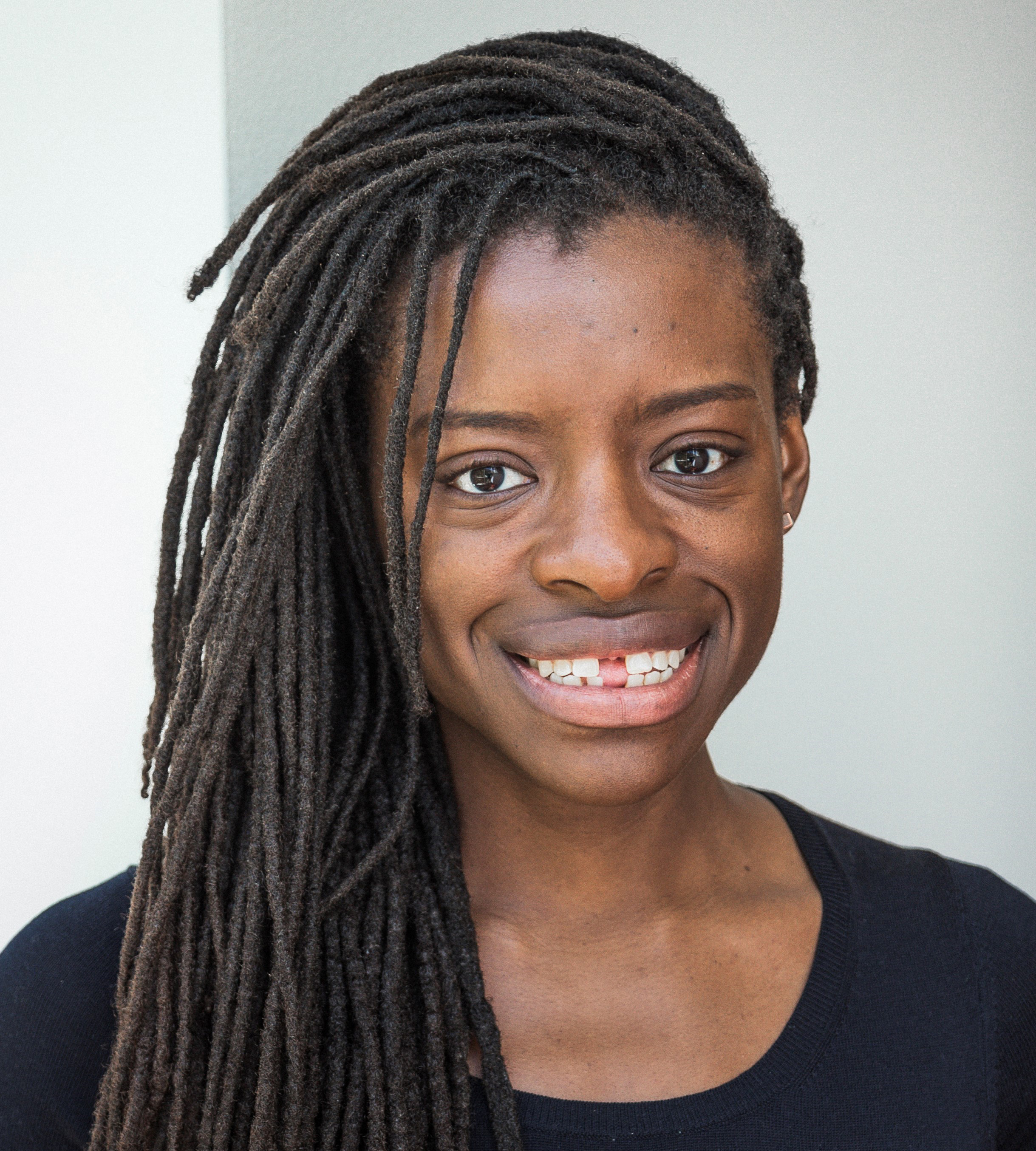 Dr. Chibuzo Enemchukwu graduated from the Clinical Scholars program and received a Master’s degree in Clinical and Translational Research in June 2019. She received her MD from the University of North Carolina-Chapel Hill, completed her internal medicine residency at Mount Sinai Hospital in New York City, and her fellowship in infectious diseases at the Albert Einstein College of Medicine-Montefiore Medical Center in the Bronx, NY.
Dr. Chibuzo Enemchukwu graduated from the Clinical Scholars program and received a Master’s degree in Clinical and Translational Research in June 2019. She received her MD from the University of North Carolina-Chapel Hill, completed her internal medicine residency at Mount Sinai Hospital in New York City, and her fellowship in infectious diseases at the Albert Einstein College of Medicine-Montefiore Medical Center in the Bronx, NY.
Dr. Enemchukwu commented that she was not always interested in research, because she did not fully understand the power of research, and how it can effect change in the lives of individuals and entire communities. As an infectious diseases clinical trainee, Dr. Enemchukwu cared for people living with HIV in a public clinic in the Bronx and in the southeastern African country of Malawi. In both settings, she experienced similar frustrations and had the same question, “How do we get effective evidence-based treatments and interventions to the people who need them most?” She consistently witnessed families and communities devastated by HIV/AIDS and other infections. Although effective prevention strategies and treatments were available, she could not understand how to overcome the structural, societal, and cultural factors that affected access to life saving interventions. After completing her clinical training, she had the opportunity to join the Clinical Scholars program mentored by leading experts in the field of implementation science. The Clinical Scholars program opened up the pathway for her to start answering how to get treatment to those who need them the most. Dr. Enemchukwu’s interest in research then flourished as she appreciated that it is one of the most effective ways to impact disparities in health outcomes.
Dr. Enemchukwu’s current research centers on using implementation science to address disparities in HIV outcomes among minority women. African-American/Black and Latino (AAL) women make up over 90% of new HIV infections in New York City (NYC), yet they are less likely to be engaged in HIV treatment and prevention programs, and they suffer worse clinical outcomes. As a Clinical Scholar, she received NIH funding through an Einstein-Rockefeller-CUNY Center for AIDS Research (ERC-CFAR) supplement that allowed her to partner with the NYC Department of Health and Mental Hygiene and local community-based organizations (CBO) to directly address engagement in HIV prevention and treatment programming among this population. Specifically, she examining the feasibility of bringing HIV prevention and treatment interventions directly to CBOs that provide social services to AAL women.
When asked what were her expectations for the Clinical Scholars program, Dr. Enemchukwu’s responded:
“To be honest, my expectations were that I would learn the “fundamentals” of research. I thought I would improve my grant writing, biostatistics skills, and participate in research projects that met my interests. Well, I did all of that! But I think the more relevant question for me now is, “What did I NOT expect?” I did not expect to have a complete life and career changing experience. I did not expect to finish the program with skills and knowledge that would translate into city-wide research collaborations, entrepreneurship, and starting my own consulting firm.
The biggest learning point as a Scholar was the importance of not setting limits on what you are capable of achieving. I learned this through mentorship from our program leaders as well as from my own research mentors. As clinicians, we are trained to care for patients and to work within a system, whether it be in a hospital, clinic, or other patient care area. The Clinical Scholars program emphasized the value of our clinical training and the ability apply these skills across other endeavors such as research, administration, and entrepreneurship.
I think one of the best aspects of the Clinical Scholars program was the diversity of thought, skill, and research background among the Scholars. Every interaction with the other Scholars was an opportunity to learn or teach someone something new!
The most surprising aspect of the program was the exposure to accomplished policy makers, industry leaders, and entrepreneurs. This is an aspect of science and research to which I had not been previously exposed and it really help guide my current career trajectory.”
We asked Dr. Enemchukwu to describe the Clinical Scholar program in one sentence, and she responded, “A career and life steering program that provides time, space, and mentorship as you discover your full potential.”
In addition to continuing her current research work, Dr. Enemchukwu co-founded Nelu Diversified Consulting Solutions. Nelu is a consulting firm that appreciates the increasing diversity of the US workforce, and the importance of employer-sponsored health and financial benefits offerings that reach all segments of employee populations. Its mission is help employers strategize and create inclusive health and financial benefits programs that align with the unique needs of the diverse workforce.
Dr. Enemchukwu emphasized that her work with Nelu is an extension of her commitment to use implementation science to ensure that essential and effective programming and interventions are successfully engaging diverse populations.
November 7, 2019
Meet the Graduate: Chibuzo Enemchukwu, MD, MS
By Editorial Staff
